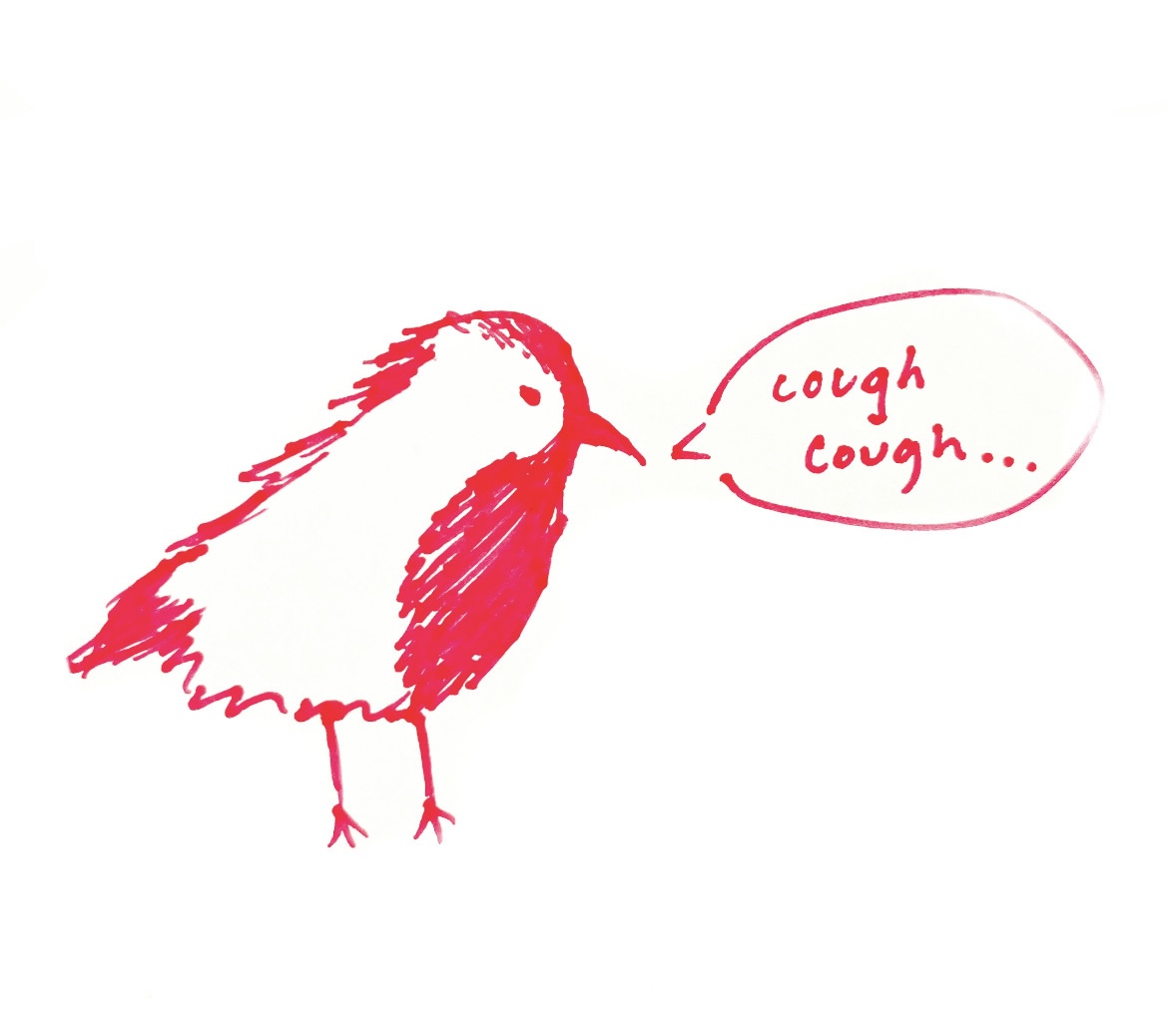This article was written by Genny Jones ’14.
Once you’ve pried open the finger-painted doors to the Whitman Organic Garden shed, looked past the pitchforks, hoes and rakes in a trash bin, past the mismatched gloves and purple “Garden Bible” binder, past the various vinegars and organic pest killers, and even further, past the old Halloween witch’s cauldron where we mix our fertilizer, you’ll see, in proper romantic agrarian fashion, a quote from Gandhi.
It says, “To forget how to dig the earth and to tend the soil is to forget ourselves.”
This quote, painted beneath the outline of a shovel, is the first thing I see in the morning as I wriggle my fingers into pink gardening gloves, the kind with rubber lining to protect my skin from thorny weeds. It’s something I think about as I walk around the garden.
As one of two summer interns for the Organic Garden, I spend 10 hours per week making sure the plants are happy and the weeds are kept at bay. Today the tomatoes need weeding. The kohlrabi is flowering and needs to be picked immediately. Potatoes and tomatoes are growing rogue in the cucumber bed. The snap peas have dried up but the blueberries and raspberries are doing well. And the sedge, those grassy bladed weeds, are infesting every bed.
Gandhi’s words are momentarily forgotten as I pick a project for the day; maybe I’ll finish mulching the shed area with wood chips. But as I go to unlock the wheelbarrow I notice the lemon verbena overflowing into the blueberry patch. Bending over to pluck the stems and get as much of the root as possible, I see the spinach has gone to seed. Back to the shed I go, to browse the box of seed packets dirtied by curious hands.
This is how most mornings begin. It’s a constant struggle to pick one task. There are so many things to do that I find myself with the attention span of a kid in a candy shop, except there’s no candy, just a bunch of weeds and sweat. Which brings me back to Gandhi.
Gardening is the ultimate cure for perfectionists. It is fairly impossible to keep the Organic Garden free of weeds and pests, so in order to keep my sanity I must pick a task and learn to live with the rest. This involves understanding that weeds are simply plants I don’t like and most likely cannot eat. The garden will never look like a place where Martha Stewart hangs out, but it will be beautiful and productive in it’s own right. This is one of my most resonant interpretations of Gandhi’s quote; it’s a reminder that life isn’t perfect and rather than sweat the metaphorical weeds here and there, I should count my blessings in pears, or potatoes.
So I settle with weeding the cucumber bed. And here again, Gandhi’s quote resonates. One big, fat, juicy cucumber peeks out from beneath prickly leaves and I am reminded of life cycles. Over the past three months a little cucumber seed has sprouted, grown, photosynthesized, flowered and fruited delicious green logs, and in a couple of weeks it will die and turn back into the soil. From the molecular stardust soup of the universe, this plant has shaped itself and the cucumber I’m munching on. In essence, the garden has made me accustomed to life cycles, and has encouraged thoughts about what my own human life cycle looks like. If you don’t believe my metaphysical rantings, come to the garden and eat a cucumber.
Further reflection on life is invited on Wednesday nights when people show up to Open Garden. When people meet here for an hour every week, there is a shift from the quiet hiss of the watering drip tape to the chatter and laughter of friends. Hands move leisurely to pick weeds while mouths move quickly with gossip and news. Even more of a treat is when some children walk by and I melt to mush as they explore the garden. It happens within moments when Darius and Caspian come to visit. These four-year-old twins strolled into the garden one Saturday morning with child-sized pails and trowels in hand. Darius and I weeded the snap pea bed, and after he tasted one of the peas he asked me if spaghetti grew in the ground, too.
And lately, many adults have been stopping by to chat with me, too. These types of conversations always make me smile because when it comes to gardening everyone has their own set of tips they want to offer, whether you’re inclined to hear them or not. Hands on hips, eyes surveying the garden, they tell me to put apple cider in coke cans to kill the coddling moths, that the only way my raspberries are going to get bigger is with more water and that my jalapeños are for wimps, the hottest peppers are called red scorpions. There are moments when I feel somewhat patronized, but then there’s a certain glint in the eyes of these people, a whiff of gardener’s excitement, that pulls me back into tossing around tips.
But back to Gandhi. I may disagree with him in that I think there are many ways you can find yourself outside of agriculture, but I will be the first to admit that the Earth does have a centering quality (besides gravity).
During the school year when I’m half-crazed from staring at small black font for hours on end, the garden is a place of escape. My mind is allowed to wander as my hands work quickly. The quiet, patient rhythm of the garden is the best remedy for school-induced stress. And to Gandhi’s credit, this rhythm gives me the mental space to think.
Let me be clear, I am not a farmer or a farmworker –– I’m a gardener. My hands are free of calluses and I always scrub the dirt from under my fingernails. And to be frank, I have very little idea of what I’m doing in the garden. But I’m learning as I go and I find that the quote rings true yet again. Luckily, there is a plethora of kooky organic gardeners who especially love making YouTube videos containing helpful bits of advice. Plus, have I mentioned that looking at the Territorial Seed catalogues is almost comparable to browsing a selection of chocolates (“almost” being the key word)? And strangely, gardening is much more intuitive than I would have guessed. Every once in a while it gives me a little more courage about life after college. Hell, if I can keep a quarter of a block of garden happy, maybe I can even get a real job.
The Organic Garden is a place of perfect imperfection, metaphysical wonderings, quiet conversation and learning, with fresh organic snacks to boot. As much as the politics major portion of my brain has silently argued about how this privilege is available, I’m reminded of why I love the garden when I go to weed the summer squash and find beautiful lengths of yellow tender juiciness. Though I laughed at the archetypal Gandhian quote when I first saw it, I have to admit, when I’m in the garden as a summer vegetable babysitter, I can’t help but take advantage of the mental space the garden affords me.
[portfolio_slideshow]













